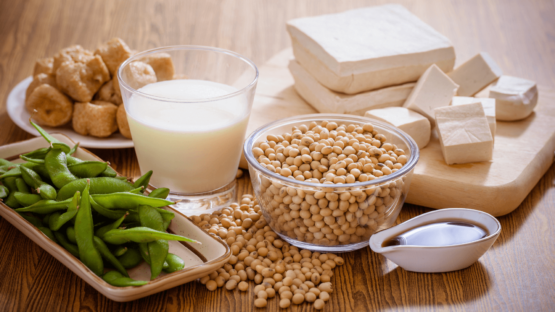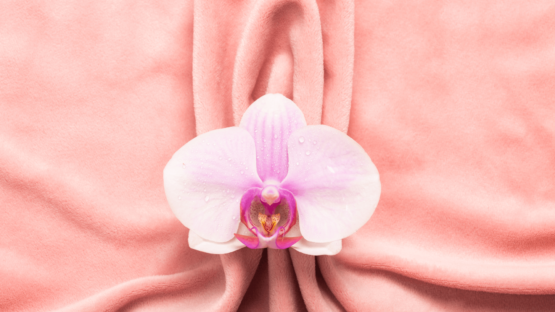- You have no items in your shopping cart
- Continue Shopping

Manjakani, scientifically known as Quercus infectoria or oak gall, is a natural substance derived from the oak tree, specifically from galls or nut-like growths that form on oak trees in response to insect activity. The galls of Quercus infectoria are globular in shape and from 10 to 25 mm in diameter. They have a short, basal stalk and numerous rounded projections on the surface. They are hard and heavy, usually sinking in water. This botanical extract has a rich history of traditional use in herbal medicine, particularly in regions of Southeast Asia and the Middle East, where it is highly regarded for its medicinal properties.
The therapeutic properties of manjakani are attributed to its high content of tannins, which are polyphenolic compounds known for their astringent and antioxidant effects. Manjakani has been traditionally utilized for various health and beauty purposes, with a particular emphasis on women’s health.
One of the most prominent applications of manjakani is in promoting vaginal health. In traditional medicine, manjakani is believed to have natural tightening and toning effects on the vaginal muscles. It is often used to address concerns related to vaginal laxity, aiming to restore elasticity and firmness to the vaginal tissues. This traditional use of manjakani is associated with improving sexual sensation and overall vaginal health. Manjakani is typically used in the form of herbal preparations, such as creams, gels, or suppositories, for vaginal applications.
Beyond its use for vaginal health, manjakani is also valued in skincare due to its potential anti-inflammatory and antioxidant properties. When applied topically, manjakani is believed to help tighten and firm the skin, reduce pore size, and improve overall skin texture. It is often included as an ingredient in facial masks, serums, and creams targeting skin firmness and anti-aging benefits.
Manjakani has been traditionally used to promote wound healing due to its astringent and antimicrobial properties. It is applied topically to wounds and cuts to help stop bleeding, reduce inflammation, and prevent infection. Manjakani is also used for oral hygiene purposes. It is believed to have antimicrobial properties that can help combat oral infections, reduce inflammation of the gums, and promote overall oral health. Manjakani may be used as a mouthwash or included in toothpaste formulations.





